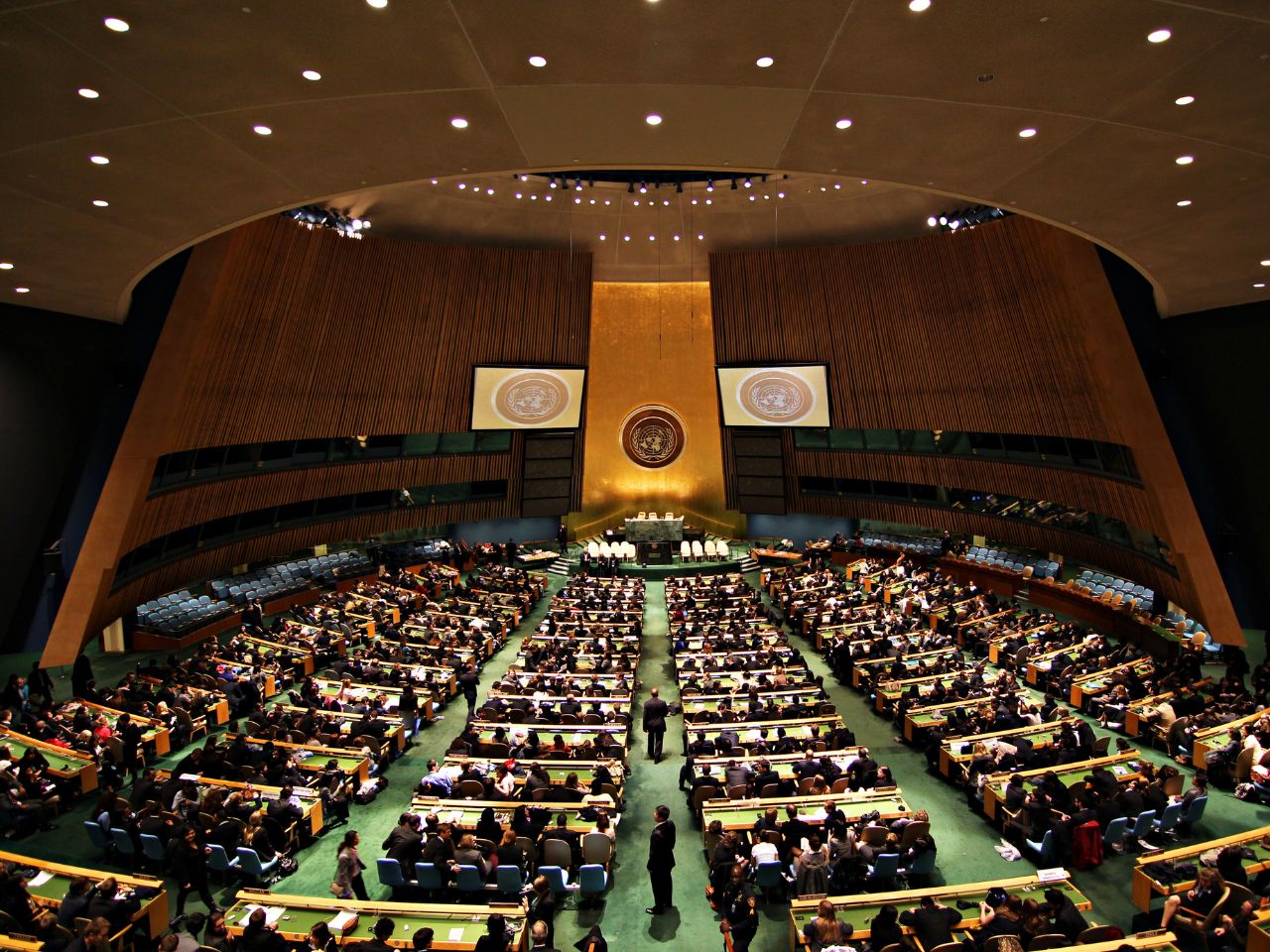Leer en español
Article by Latindadd
Establishing a global “intelligence” system that enables the collection and exchange of information on the developments around the creation of a United Nations tax convention would make it easier for civil society, institutions and organisations working on global taxation issues to access relevant information, enabling them to negotiate and debate with a clear global picture.
This was the focus of the discussion organised by the Red por Justicia Económica y Social (Latindadd) and the Red de Justicia Fiscal de América Latina y el Caribe (RJFALC), which included a presentation by Tove Maria Ryding, who leads the work on taxation and transparency at Eurodad. She pointed out that such “intelligence” can lead to more strategic advances in the discussion around the UN tax convention, given that, so far, the process has resulted in a series of surprises: The leadership assumed by the African countries; the mildness of the OECD’s opposition; the ambivalence of the position of some Latin American countries in the decision-making process (such as Colombia, Costa Rica, El Salvador, Mexico, Peru and Argentina), among others.
During the event about the process, which took place on 24 May, the Eurodad representative emphasised the crucial importance of understanding and proposing how decision-making and oversight should work in this “intelligence” forum. These definitions are expected to be included in the report being drafted by the UN Secretary General, which is due to be voted on in October or November 2023.
“It is vital that we are clear about how the system is currently working and how we want to improve it. Otherwise we could miss this opportunity to fill the gaps in the international tax rules,” Ryding said.
Regional context
For Latindadd and RJFALC, the process for the creation of a UN tax convention is a primary objective for the achievement of tax justice. “In a context of economic, social and environmental crisis, in which inequalities have increased, it is essential that countries are able to fight tax abuse on an equal footing. Developing countries must be part of the conception of international tax policy, the main tool to enable their development and address the various demands that affect them,” said Luis Moreno, coordinator of the Tax Justice at Latindadd.
“International tax rules are not only skewed to favour the interests of OECD countries and the Global North, they are also disorganised and inefficient. So even the relatively more favoured countries can gain something positive if a more robust global system emerges from this process,” Ryding added.
“As social organisations, we believe it is essential to closely follow these agendas and share the information we have on them with our members and allies. It aims to propose and lead local strategies (with the ministries of economy, finance, treasury or foreign affairs of each country) and regional strategies (such as the Fiscal Summit in Cartagena to be held in July this year),” said Adrian Falco, coordinator of the RJFALC.
The global process towards the consolidation of a UN tax convention pursues a change in the governance and design of international tax rules, which currently only benefit industrialised countries and multinational corporations. In November 2022, the process took a giant step forward when the UN General Assembly (UNGA)’s Economic and Financial Committee approved the draft resolution that could make this dream tangible, if the General Assembly vote in December this year so decides. This “waiting” process then becomes crucial for civil society, as negotiations on the content of such a convention are underway.
El proceso global hacia la consolidación de un convenio fiscal en el seno de la ONU busca un cambio en la gobernanza y el diseño de las políticas fiscales internacionales, que actualmente privilegian a los países industrializados y a las empresas transnacionales. En noviembre de 2022, el proceso dio un paso agigantado cuando el Comité Económico y Financiero de la Asamblea General de la ONU aprobó el proyecto de resolución que puede hacer tangible este sueño, si la votación de la Asamblea General en diciembre de este año así lo decide. Entonces, este proceso de “espera” se torna crucial para la sociedad civil, ya que las negociaciones sobre el contenido de dicha convención están en marcha.
Photo credit: Basil D Soufi
